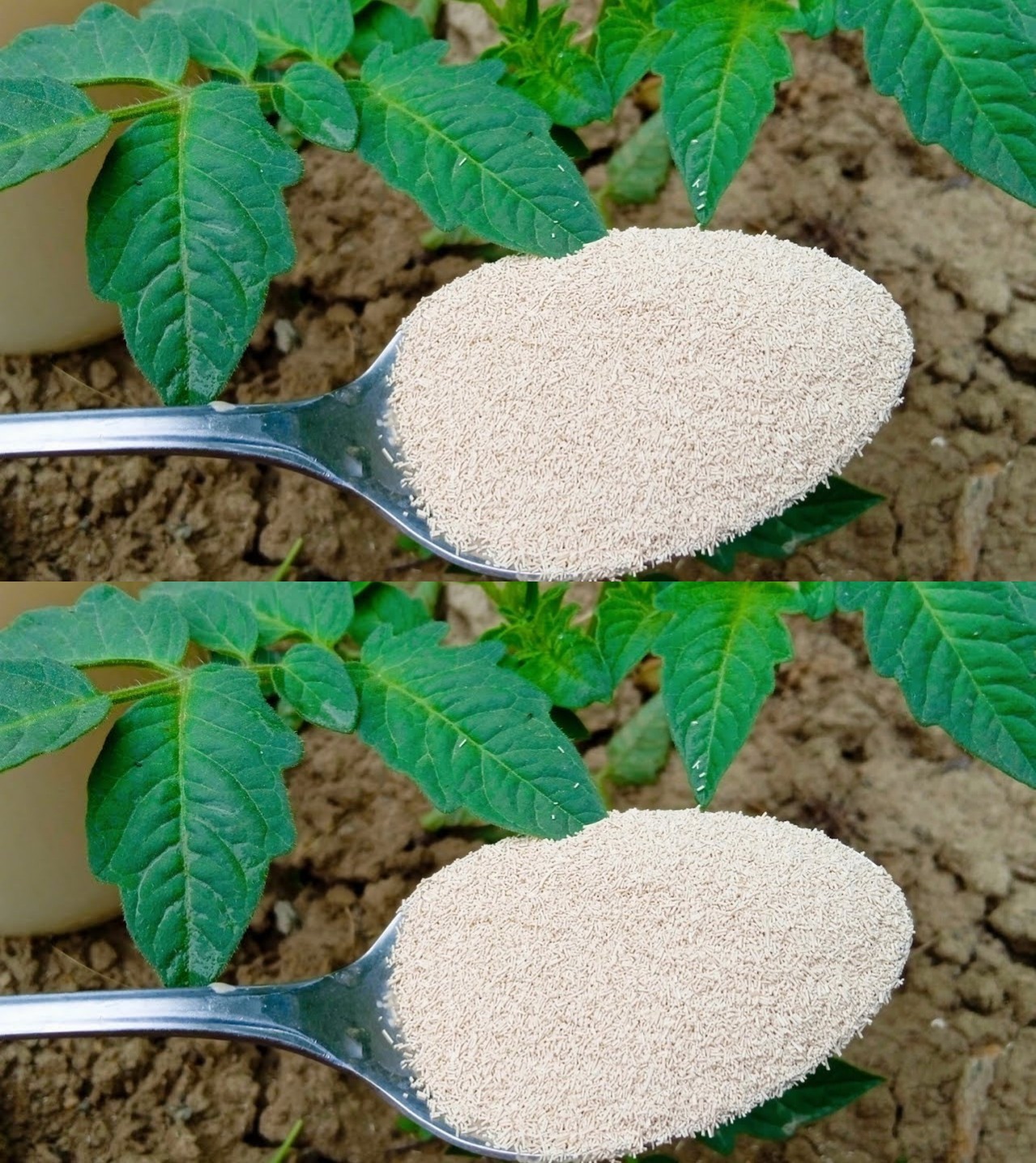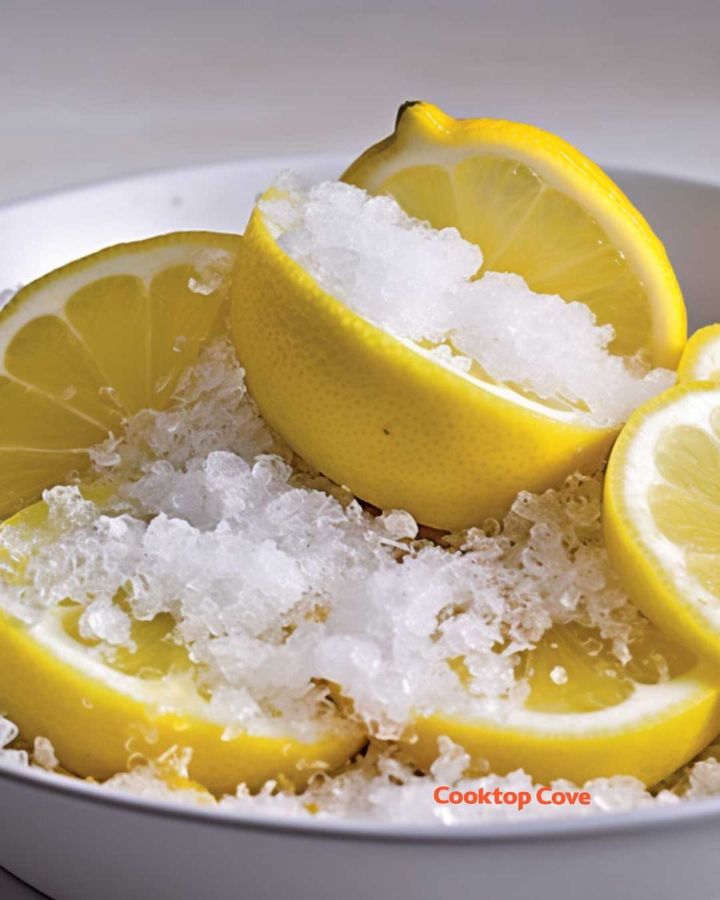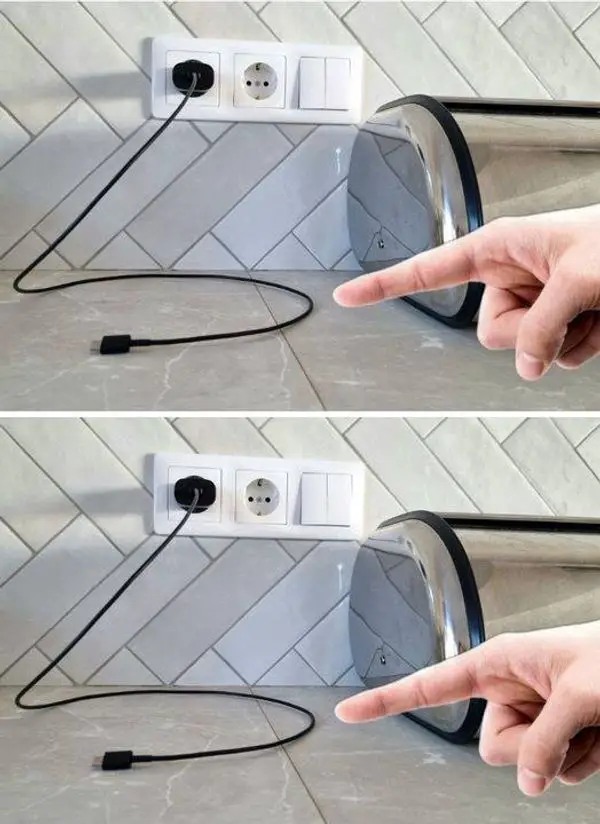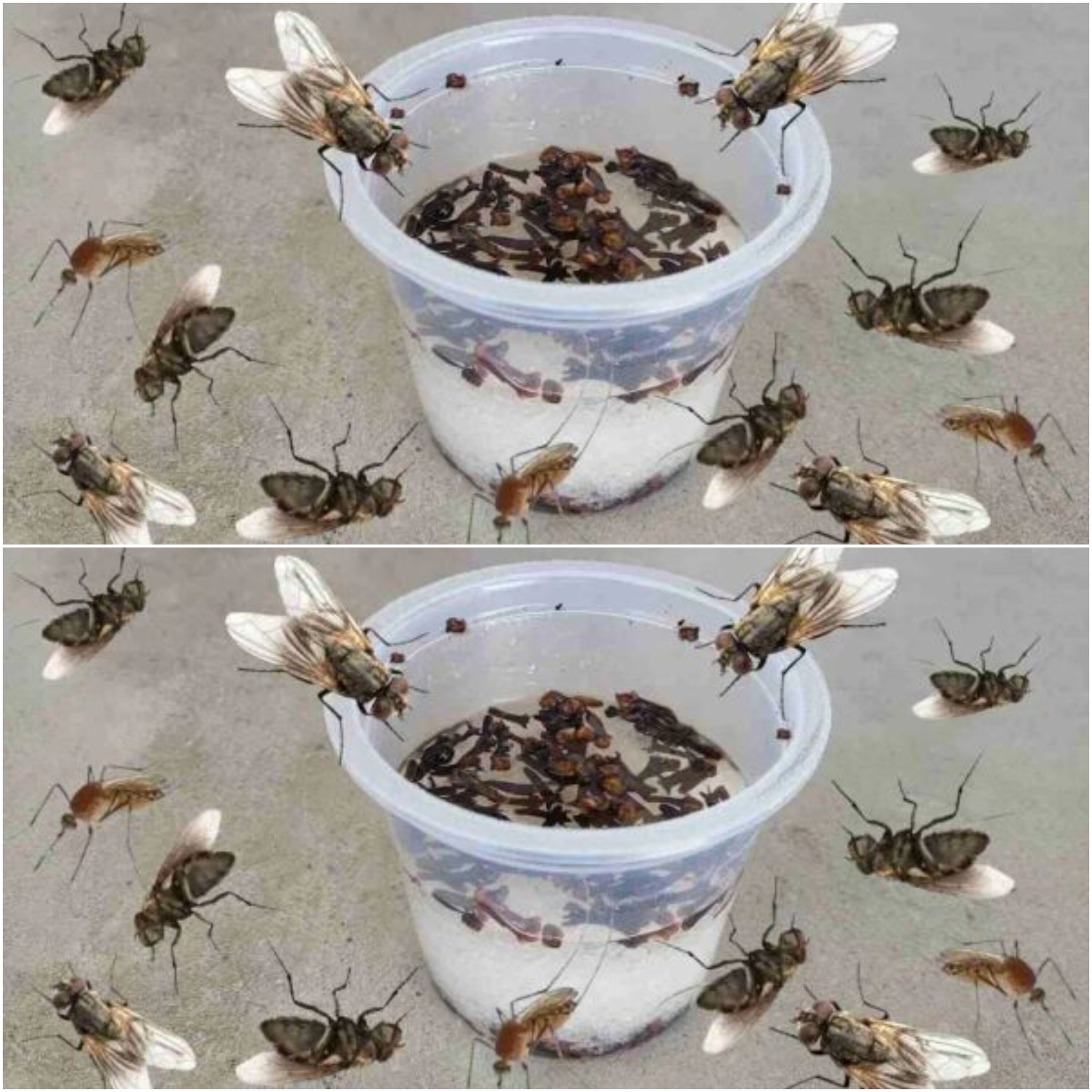One naturally occurring chemical that is well known for its various benefits is baked soda. This passepartout solution has the ability to clean and deodorize in addition to its antifouling and purifying properties. Not only that, but the housekeeping and bedding sectors also make extensive use of it. Moreover, it is beneficial to plant life. That being said, you should find out what happens when you give your plants a teaspoon of this natural chemical and watch what happens.
One natural remedy that you can use to take care of your plants and shield them from pests that could otherwise stop them from reaching their full potential is baking soda. This affordable solution not only helps with housekeeping and bedding needs, but it also makes it possible for you to take good care of your plants. This is how it’s done!
How much advantage does using baking soda for plants actually offer?
Baking soda can be applied in numerous ways to help maintain vegetable or garden plants.
See this article for additional details: Here’s the trick seasoned homemakers use to maintain spotless, clog-free bathrooms.
Avoid baking soda at all costs.
It is these gastropods that cause damage to crops and vegetation. You may safely keep plants that are vulnerable to attacks at bay by simply scattering baking soda about them.
Baking soda serves as a natural fungicide.
Baking soda provides plants with a number of benefits. Because of its antifungal qualities, it can be used as a natural fungicide to shield plants from fungal infestations. Among the plants that could be impacted are tomatoes. It can be used to get rid of powdery mildew and late blight. To do this, mix together one liter of water, one teaspoon of baking soda, and one teaspoon of black soap or Marseille soap. As soon as your plants start to grow, you should spray them with the solution. Perform the operation once per week for a duration of two months. Another option is to dilute four tablespoons of baking soda in three liters of water and then spray the mixture on roses and fruit trees that are prone to fungal infestations. Please be aware that spraying the surrounding area below the bloom with the solution is advised to prevent any damage to the flowers. Furthermore, overuse of baking soda should be avoided to avoid magnesium or calcium deficiencies. As such, it might be detrimental to plants.
Baking soda functions as a natural pesticide.
Baking soda is an effective way to get rid of pests and insects that harm plants. This makes it suitable for use as a natural pesticide. To complete this project, just dilute one tablespoon of baking soda with one liter of water, and then spray the resulting solution into the plants’ soil.
Alternatively, you might mix one-third cup of olive oil with one teaspoon of baking soda. If your plants are diseased, you should mix one cup of water with two tablespoons of this insecticide and mist the bottoms of your plants with the mixture.
Aphids and scale insects can be eliminated by creating a solution that consists of dilution (10–20 grams of baking soda diluted in one liter of distilled water) and addition (3 tablespoons of oil) to the mixture.
Baking soda: a way to encourage rose blooms
Four liters of water mixed with one teaspoon of baking soda and one teaspoon of Epsom salt will create a solution that will help roses grow and thrive. After that, you should spray this solution on the roses.
Take a look at these five things that baking soda should never be used to clean as well.
Baking soda removes odors from compost
A type of fertilizer called compost is created through the fermentation of a waste mixture that includes both organic and mineral-rich elements. Because of the maceration of the trash that makes up its composition, compost might smell, especially in the warmer months. All the compost pile needs to smell good again is a little baking soda added to it.
You can enhance the growth of fragrant roses in your yard or shield your plants against fungi that cause fungal diseases with just one teaspoon of baking soda. It is really easy to attain both of these advantages.





